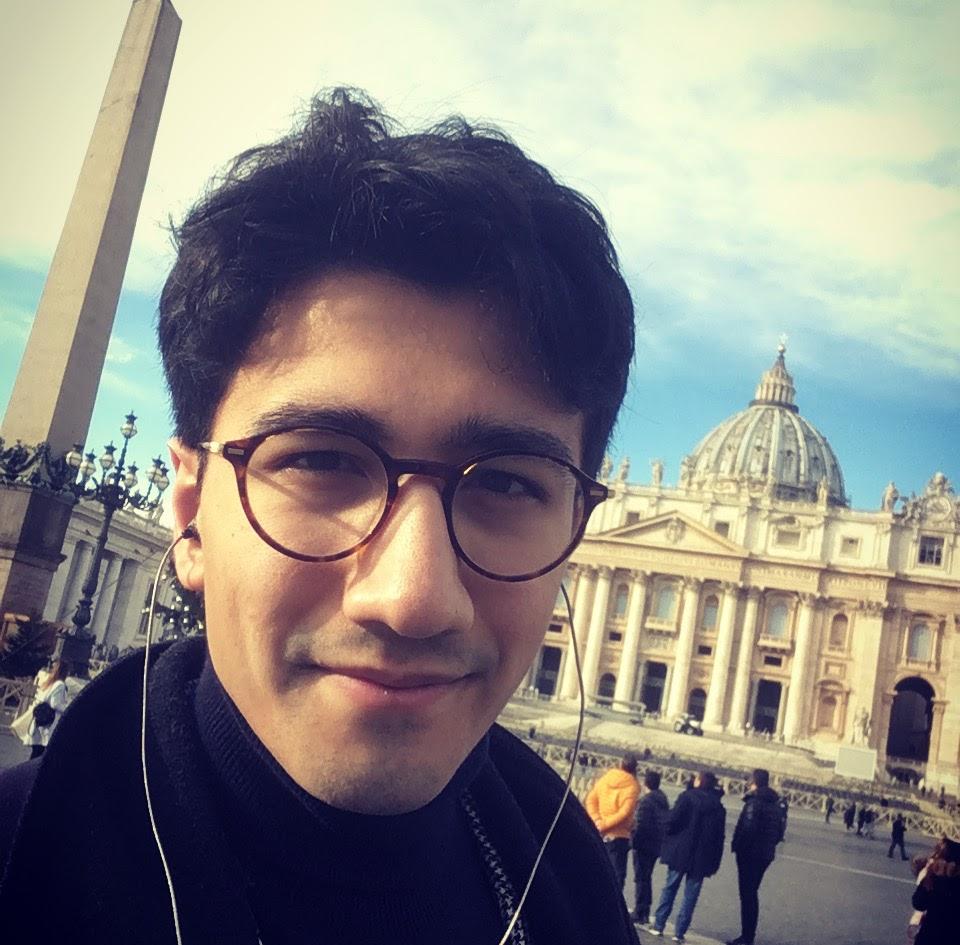Gianamar Giovannetti-Singh
New Appointment
Gianamar Giovannetti-Singh will join the History Faculty as a Leverhulme Trust Early Career and Isaac Newton Trust Fellow in October 2023. He will also be the Lumley Junior Research Fellow in History at Magdalene College. Earlier this year, he completed his PhD in the Department of History and Philosophy of Science in Cambridge. His dissertation, “Globalising China: Jesuits, Eurasian Exchanges, and the Early Modern Sciences,” explored how Jesuit missionaries’ experiences of the collapse of the Ming dynasty in 1644 transformed several ostensibly “European” sciences in the early modern period.

I am a global historian of science. I am especially interested in understanding how local cultures of knowledge scale up through cross-cultural encounters into seemingly global sciences. Focusing on the early modern Cape of Good Hope—a bustling port colony connecting Europe to the East Indies—my postdoctoral project, “Southern Africa and the Early Modern Globalisation of Knowledge,” will examine how European scientific travellers made sense of unfamiliar natures and cultures in southern Africa.
The Dutch Cape Colony was a highly cosmopolitan space, with the Indigenous Khoekhoen, enslaved West Africans and Malays, European settlers, and a continuous current of merchants and missionaries sojourning en route between Europe and Asia. As such, travellers’ accounts of southern Africa, its peoples, and their cosmologies often drew on surprising combinations of intellectual resources from across the Old World to explain the unfamiliar. For example, European travellers’ descriptions of the native southern African plant kanna and its medicinal use by the Namaqua peoples relied on Chinese accounts about ginseng. Similarly, early modern ethnographic descriptions of Khoekhoen and San rainmaking rites and festivals, which were held on nights with new or full moons, were explained with reference to Jewish timekeeping practices. Writing global histories of knowledge from the multicultural early modern Cape, some Jesuits even hypothesised ancient connections between the Khoekhoen and various Asian populations, going so far as to suggest that the Chinese had sailed to the Cape long before Europeans.
At its core, my project will explore how southern African natures and Indigenous knowledges were simultaneously appropriated by the sciences and written out of their histories in an age of global connections. I will suggest that Europeans, increasingly familiar with Chinese cultures of knowledge through Jesuit missionaries’ extensive publications, came to see southern Africa through an “Asian lens.” Contextualising early modern Europeans’ accounts of southern African natures and knowledges with anthropological scholarship on Khoekhoen and San knowledge traditions, I hope to recover southern Africans’ hidden contributions to the production and circulation of scientific knowledge in early modernity. Thus, my project seeks both to restore southern Africa’s position in the history of the early modern sciences and study the ways in which increasingly “global” understandings of nature were deployed to write southern Africans out of the history of science.
